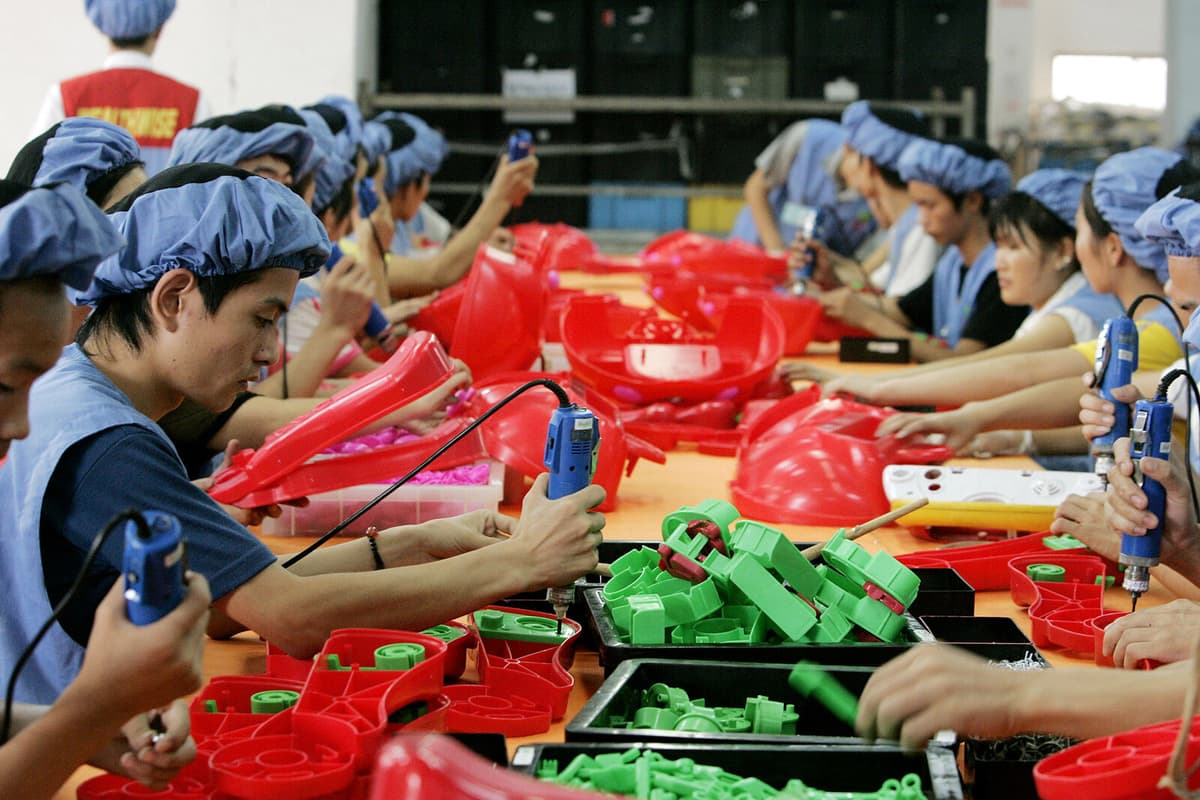A staggering 400 million tons of plastic are produced annually, mainly through petrochemical production, based on oil.
"For a sustainable future, we must be able to produce biodegradable plastic in a sustainable way and at costs that can compete with conventional plastic," writes Christiane Funk.
She has, among other things, researched how to produce biodegradable plastic with the help of microalgae. In a new study, South Korean researchers have investigated the possibility of producing bioplastic with the help of E coli bacteria, which are perhaps best known for causing stomach flu.
Easy to handle
The researchers genetically manipulated the bacteria to, simplified, either use added amino acids or increase the bacteria's own production of certain amino acids, which were then linked together into polymer chains that can be used to form bioplastic. The researchers "fed" the bacteria with glucose (sugar) to form the plastic.
Funk, who is not involved in the South Korean study, describes the method as interesting.
"Using E coli as a bacterial strain for production has several advantages: the bacteria grow quickly and are easy to handle," she writes.
Expensive nutrition
The researchers have also compared the plastic and seen that it has comparable properties with other plastic, and tested scaling up the technology and cultivating it in a large biotank, and seen that it works.
However, Funk emphasizes that the glucose solution itself is costly.
"However, we, like several other research groups, are conducting important research to find cheaper and more sustainable sources for this," she writes.
The study is published in Nature Chemical Biology.






